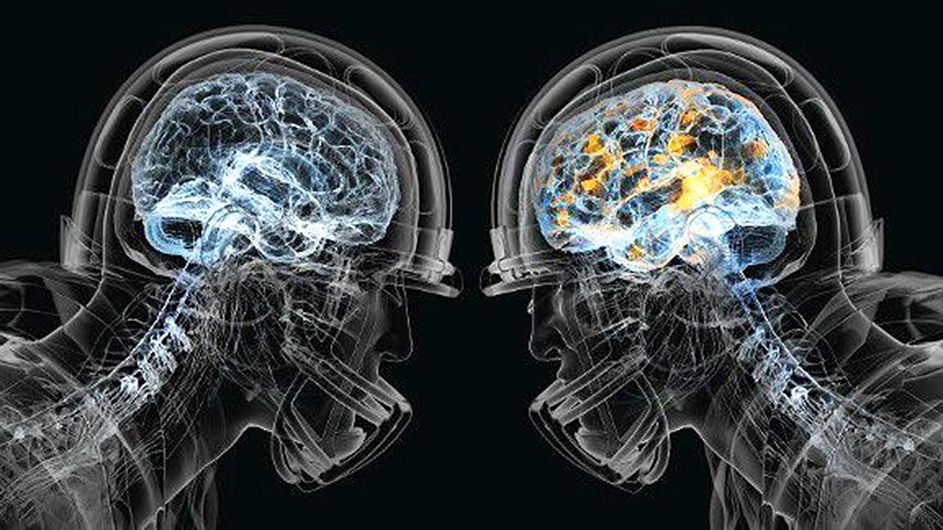Playing American football before age 12 is linked to long-term neuropsychiatric and cognitive problems
__________
Tackle football before age 12 may boost risks of cognitive, mood disorders (Ars Technica):
“Taking hard knocks early in life could shove football players toward neurological problems later, a new study suggests.
Among 214 former amateur and professional male football players, those who started playing early—particularly before the age of 12—had greater risks of reporting depression and impaired behavioral regulation and executive function around their 50s, researchers found…Compared with those who started later, players that started earlier than age 12 had more than twice the odds for having “clinically meaningful impairments in reported behavioral regulation, apathy and executive function” and more than three times the odds of having clinically elevated depression scores. The links held up when the researchers looked at a continuum of starting times…
There are several limitations of the study, of course, including that it only has the power to note correlations, not causations. The players involved in the study were also a “convenience sample,” meaning they were self-selected and therefore could cause bias in the results. The study doesn’t specifically account for different styles or protective gear used throughout different eras of youth football…”
The Study
Age of first exposure to American football and long-term neuropsychiatric and cognitive outcomes (Translational Psychiatry)
- Abstract: Previous research suggests that age of first exposure (AFE) to football before age 12 may have long-term clinical implications; however, this relationship has only been examined in small samples of former professional football players. We examined the association between AFE to football and behavior, mood and cognition in a large cohort of former amateur and professional football players. The sample included 214 former football players without other contact sport history. Participants completed the Brief Test of Adult Cognition by Telephone (BTACT), and self-reported measures of executive function and behavioral regulation (Behavior Rating Inventory of Executive Function-Adult Version Metacognition Index (MI), Behavioral Regulation Index (BRI)), depression (Center for Epidemiologic Studies Depression Scale (CES‑D)) and apathy (Apathy Evaluation Scale (AES)). Outcomes were continuous and dichotomized as clinically impaired. AFE was dichotomized into <12 and greater than or equal to 12…Younger AFE to football, before age 12 in particular, was associated with increased odds for impairment in self-reported neuropsychiatric and executive function in 214 former American football players. Longitudinal studies will inform youth football policy and safety decisions.
Study in Context
- Public Brain Health vs. Private Brain Research Funds: How the NFL tried to influence NIH studies
- Concussion diagnoses among children and teenagers increased by 71% from 2010 through 2015
- FDA clears two computerized cognitive tests to assist in medical evaluations following brain injury or concussion



